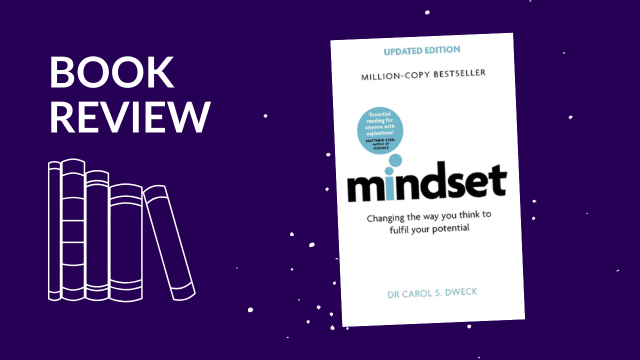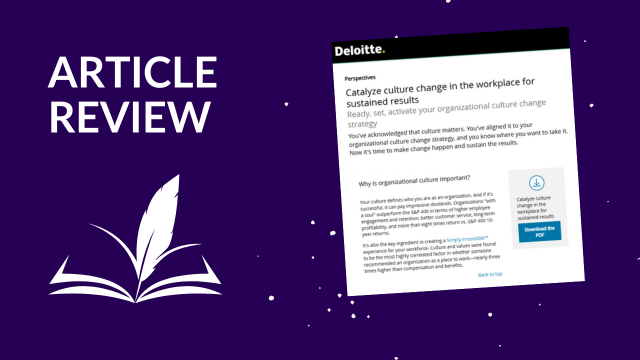Nobody ever said that being a change practitioner would be easy. After all, change is challenge-filled, meaning that our focus is on helping our clients to navigate difficulty day in and day out. The biggest challenges, however, are often found at the personal level. How do you present a newly emerging major risk to the governance committee? How do you build a true partnership with the project manager who sees change management as “smoke and mirrors?” How do you tell the sponsor you are supporting that he is undermining the trust of his employees by the actions he is—and is not—taking regarding the change initiative?
In Use These Three Brain Hacks to do Something Uncomfortable, Anisa Purbasari Horton recommends approaches that we can use to do the really tough stuff that our job requires if we are to be fully supportive of change success.
- Focus on enjoying the process: In preparing to do the tough stuff our minds tend to take us to all the ways in which the outcome could be less than favorable for ourselves. Horton recommends that instead, we turn our attention to the process, and that we focus on enjoying it. In other words, be present in the moment and take it one step at a time.
- Practice in a low-stakes situation: While the players may vary, the array of uncomfortable situations we find ourselves in is fairly limited. My recommendation is to inventory the types of difficult conversations you know you have to conduct. Then “find ways to exercise that uncomfortable muscle when the stakes are relatively low.” This will help prepare you for the more difficult situations when they arise.
- Give yourself no choice but to do it: After all, if we are truly committed to the success of the change, it is our responsibility to do the really tough stuff. Write up the risk, your analysis, and your recommendations and submit it to the governance committee. Send the project manager a study on the difference that change management makes in the success rates of change, along with an invitation to discuss the work that each of you does. Schedule the conversation with your sponsor, and ensure that the topic is known. Put yourself in a situation where you have “no choice but to do it.”
There will always be tough stuff of this nature; it is inherent in your role. With that in mind, there is one more thing that you can do in each of the key relationships that you have. Every one of those relationships is based on sets of expectations that each of the parties has regarding the other(s). Most of the times, those expectations are implicit. Make them explicit. “Contract” with others as to how you communicate both the positive and the negative news, how you will have the difficult conversations, etc. Then, when the tough stuff comes up, the foundation for addressing it has already been set.







